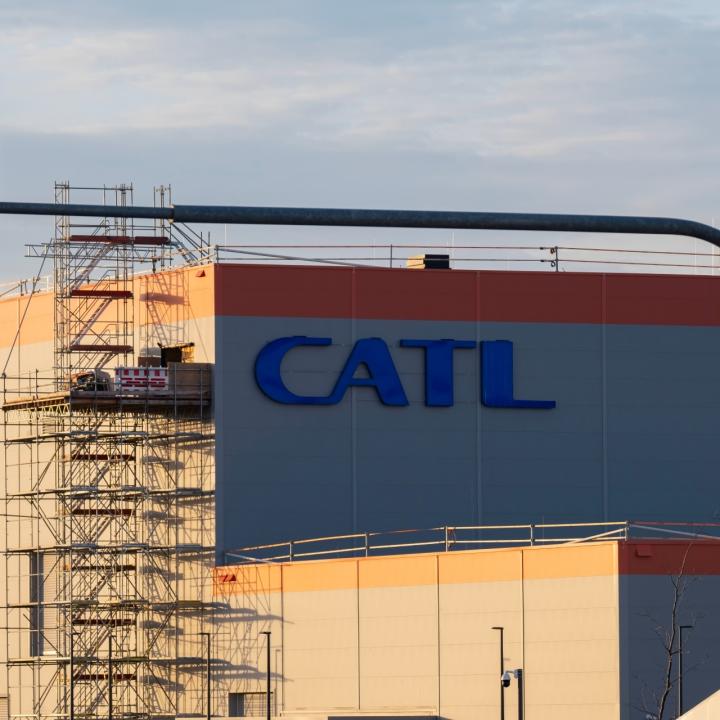Chinese outbound foreign direct investment (OFDI) along the electric vehicle (EV) value chain has been booming in recent years, fueling anxiety about Chinese companies’ dominance in high-tech industries expanding to overseas markets. This note reviews China’s global EV-related investments in 2023 and discusses the outlook for 2024. We find that:
- Chinese OFDI in EV-related industries is likely to have set a new record in 2023. At $28.2 billion, it has not yet matched the $29.7 billion of 2022, but the 2023 figure is a conservative estimate that does not include several big-ticket projects with no known price tag, such as BYD’s Hungary plant.
- Chinese EV OFDI shifted away from North America toward Europe, the Middle East, and Asia. Three-quarters of Chinese investment went to Europe, the Middle East and North Africa (MENA), and Asia, with the greatest gains experienced by Morocco, a free trade partner of the EU and the US. OFDI in North America fell to 10 percent of the total as Chinese companies faced regulatory uncertainty and political pushback.
- More localized battery manufacturing is driving investment. Chinese battery investments—driven by greenfield projects—are increasingly diversifying, including inputs like anodes and cathodes. Chinese battery manufacturers are bringing more of the supply chain with them in their overseas expansion, likely in response to growing market demand and re-shoring pressures.
- For 2024, we expect Chinese EV investment abroad to remain strong, but to shift from battery investment to EV manufacturing in Europe, Latin America, and Asia. Key drivers will include China’s slowing home market and host economies’ demands for higher value-added and job-creating investments in return for market access. Investment in North America will remain volatile due to regulatory uncertainty, but Mexico could see an influx of Chinese projects.
- Chinese EV and battery companies are increasingly stuck between a rock and a hard place. Chinese investors are increasingly facing political backlash in host economies, most notably the US, which is trying to limit Chinese influence over its EV supply chains. At the same time, Beijing’s support of the internationalization of its EV and battery companies could eventually hit a limit: Chinese policymakers are increasingly growing concerned over reverse technology transfers and value-added clean tech production shifting abroad at a time when China urgently needs to build up new drivers for economic growth at home.

